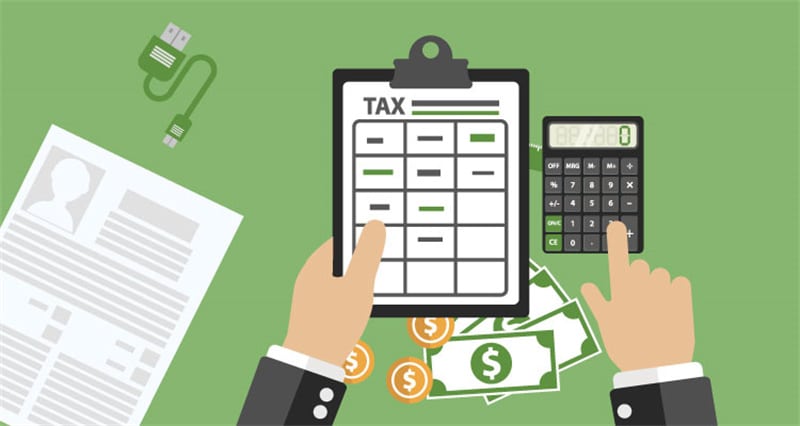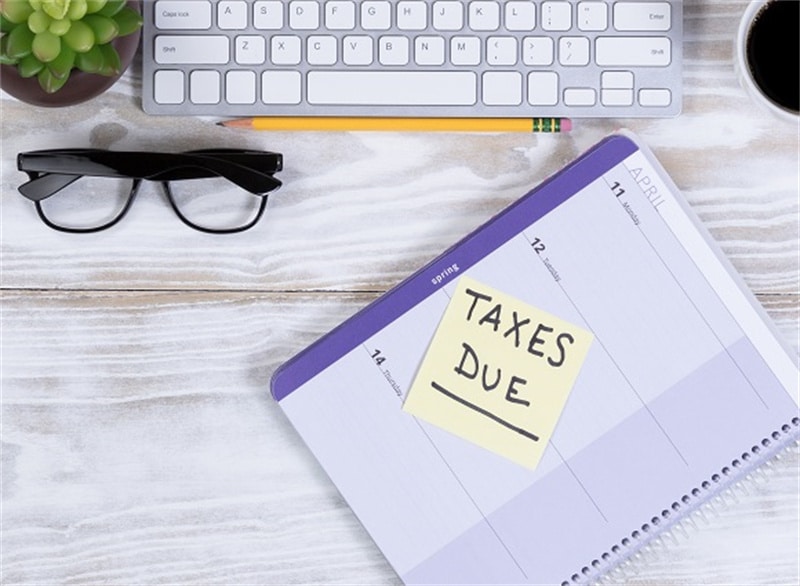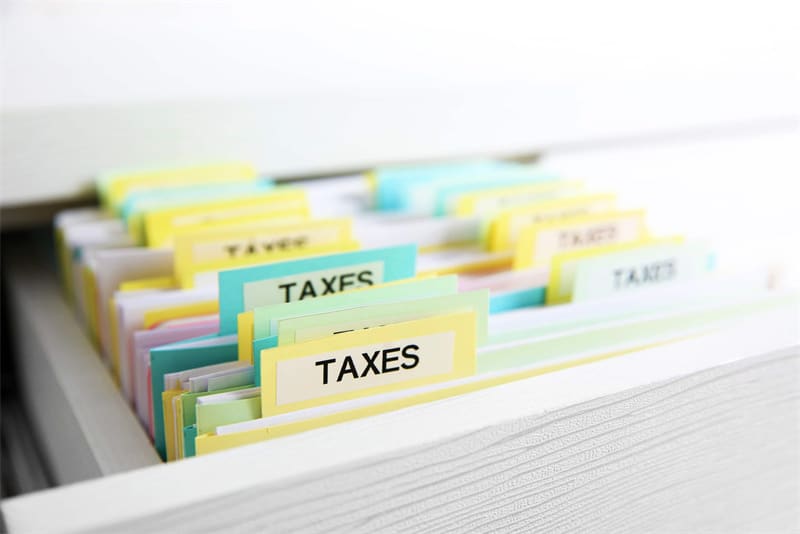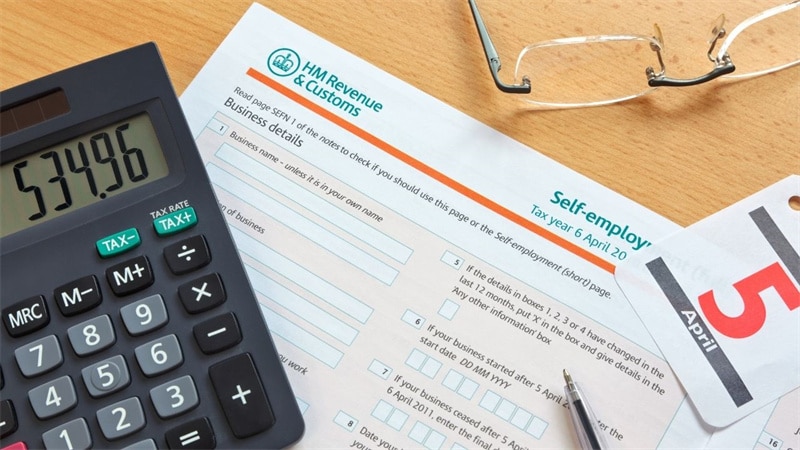Taxes are a necessary evil for anyone who works in the United States. It doesn't matter if you file as an employee or as self-employed; all workers should be aware of what is expected of them when it comes to filling out their tax forms and calculating how much they owe.
For many people, this can be difficult, but it's important not to get overwhelmed because there are plenty of resources that will help you figure out your taxes. Let's explore!
What Are Taxes?

Taxes are money owed to the federal, state, and local governmental agencies. Taxes are put in place to help pay for various services that are available for everyone, including public schools, police officers, firefighters, etc.
It's important to understand how calculating and paying your tax works so that you don't have issues in the future and because it essentially is a portion of the money that gets deducted from your earnings. Everyone must pay their fair share of taxes so that these services can be guaranteed to all.
How Are Taxes Determined?

Taxes are determined by how much money you earn every year. It's important to note that it doesn't matter if this is done as an employee or as self-employed; all workers must be aware of what they owe the government at the end of the year.
Using a self employed tax calculator can simplify the process of determining your tax liability, regardless of whether you are an employee or self-employed. By accurately assessing your earnings and applicable deductions, this tool ensures that you have a clear understanding of your tax obligations and can fulfill them accordingly.
Taxes are paid based on your annual income, which is calculated as your salary at the end of the year minus all deductions. Speaking of deductions, you can go online and find a tax calculator that can help you determine how those deductions will impact your tax return.
Employment And Self-Employment Taxes

When you work as an employee, there are two types of taxes that you will be responsible for paying: employment and self-employment. These taxes are usually withheld from a person's paycheck by their employer and sent to the proper agency every month.
It is possible to pay these yourself if you aren't receiving any money from an external source, but it can be difficult because most employers require that you fill out annual tax forms before they begin withholding the necessary funds from your earnings. Having these funds withheld from your paycheck throughout the year makes filing taxes much easier at the end of each year.
While most companies withhold these taxes from their employees each month, self-employed workers must pay both of them together. If you're self-employed and work as an independent contractor, sole proprietor, or a member of a partnership (including LLCs and LLPs), you'll be responsible for paying your taxes quarterly.
Because there is only one person in the company that is taking care of withholding taxes themselves, this can be very difficult to figure out because it requires the use of tax calculator software. It takes many factors into account, such as income obtained through your business, deductions/credits taken for expenses incurred throughout the year, etc.
This software will calculate exactly how much you owe each quarter so that at the end of each year, you know exactly how much you will owe in taxes.
When Will Taxes Be Due?

Quarterly taxes are due on the 15th of April, June, September, and January. There are additional tax forms that must be filled out for these payments if you choose to pay them yourself because it needs to be broken down into three distinct categories: employment, self-employment, and household employees.
If this becomes too difficult for you to keep track of each quarter throughout the year, you can file an extension with your payment being due by August 15th at the end of the year. This allows more time for your quarterly earnings to accumulate so that when it's time to make a payment, everything is accounted for accurately rather than estimated based only on what you might owe.
What Are Taxes Used For?

Taxes are used to pay for services that are available for everyone, such as public schools, firefighters, police officers, etc. While many people complain about how much they have to pay in taxes every year, it's important to remember that without these funds, the quality of life everyone enjoys would be greatly diminished.
It's also beneficial to know what kinds of deductions you can take throughout the year so that you aren't paying too much or not enough into your quarterly tax payments. Once you've calculated exactly how much should be paid each quarter, you won't have to worry about doing it again next year because this information will already be readily available to use at the end of each tax year.
What You Should Avoid Doing

There are many things you shouldn't do when it comes to filing taxes. First of all, make sure that your payment is made on time every quarter. It's also important not to underestimate the amount of tax owed because interest will be applied if too much is paid late.
If you're unsure about how much should be filed each quarter, contact a certified public accountant to help you figure out exactly what needs to be done so that you don't have any penalties or other issues come up because you waited too long or paid an estimated amount instead of exact amounts each quarter.
What If You Need Help?

Using software programs can help you figure out how much should be paid each quarter, and you won't have to worry about doing it again next year because this information will already be readily available to use at the end of each tax year.
However, if you're not comfortable doing this on your own or don't feel like you're ready to take care of filing taxes yet, then get in touch with a certified public accountant today! They'll help walk you through the process so that filing taxes doesn't seem so overwhelming anymore.
It is important for anyone who works in the United States to file their quarterly tax payments, even if you are filing as an employee or as self-employed. You can either do this on your own through software programs, but it might be beneficial to get help from a certified public accountant if you're not comfortable doing it yourself.
No matter what, make sure that your payment is made on time every quarter and that you aren't underestimating your needed quarterly payment because interest will be applied if too much is paid late!
